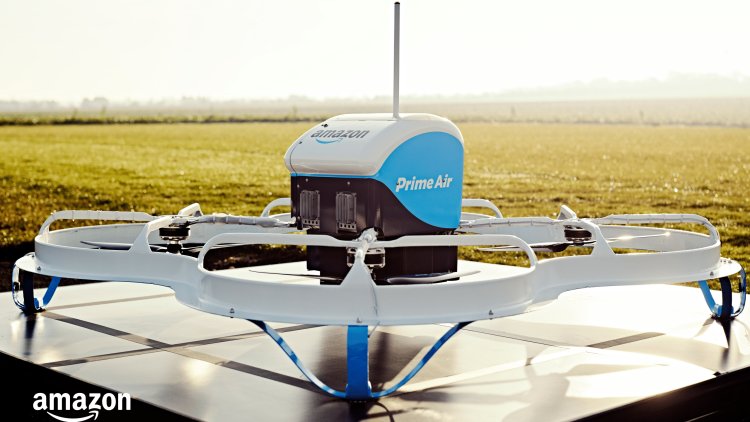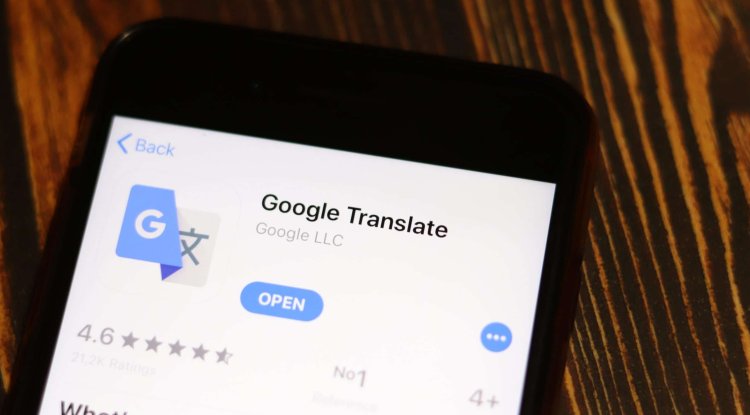Amazon drones: Often sudden landings

Delivery drones tested as part of the Amazon Prime Air service, according to official data, often had cases of sudden landings.
Amazon was one of the first companies in the world to announce that it would start a project to deliver packages by air, ie that it would transport them by drones from the warehouse to the door of the customers who ordered the package. Their Amazon Prime Air project has been tested for years, has gone through problems and deadlines, many experts have changed their development, and packages are still not delivered using drones on a slightly larger scale - all still within limited trial deliveries.
Amazon has had a license for the Prime Air program since 2020, and since then, according to official data, it has performed more than 2,300 test flights. Experimental air deliveries are performed in closed air spaces, ie in controlled conditions and a safe environment, but even such are not perfect. Data that the company officials had to hand over to regulators, including flight safety data, showed that in the past 13 months, at least eight of their drones had unexpectedly fallen to the ground.
8 crashes on 2,300 flights
Although the data is mostly redacted and confidential, Business Insider has “dug up” some interesting information. One says the last Amazon drone crashed in the eastern U.S. state of Oregon on Feb. 1 this year. In at least one of eight confirmed cases, a drone fell on a meadow from a height of about 50 meters and caused a fire of low vegetation in which several acres of land were burned.
Most of the accidents were recorded in Oregon, where Amazon is testing these aircraft. When it comes to the causes of accidents, there are mostly technical reasons: loss of power, problems with propellers placed upside down, engine failure, and software problems most often led to the crash of drones.
Amazon, on the other hand, in November last year requested an extension of the current permit so that their drones could move over public roads, settlements, and people, which the US Aviation Agency (FAA) does not allow them for now. The company then stated that the new generation of drones is safer than the last, but they have not received a permit with "more relaxed" security requirements for now.




























